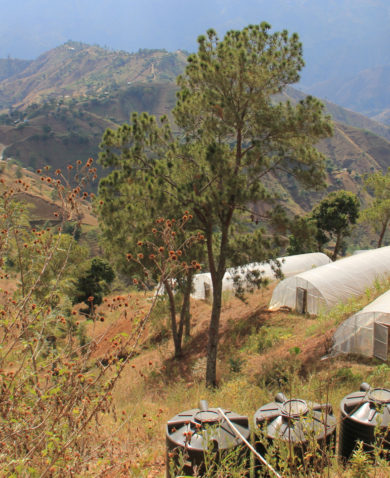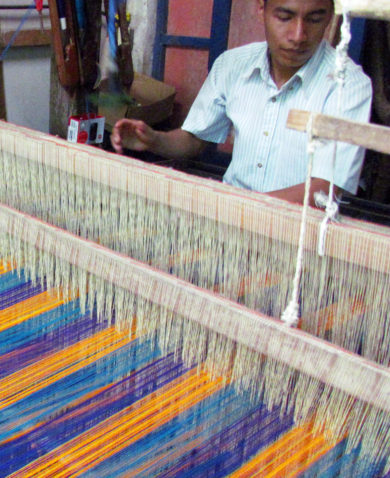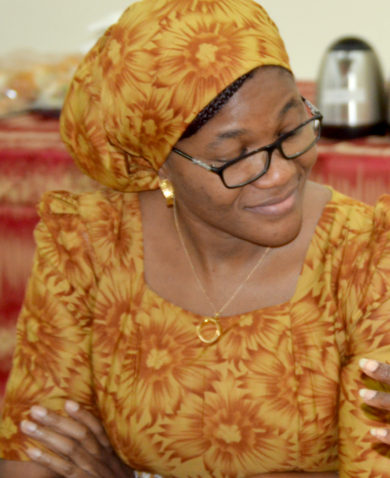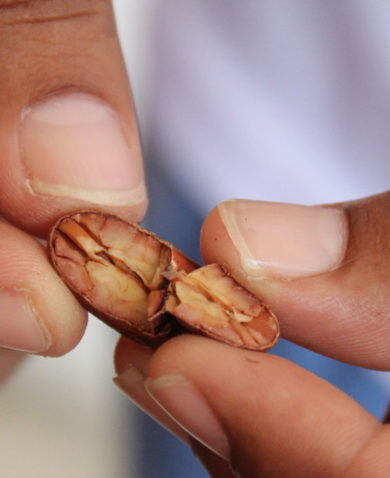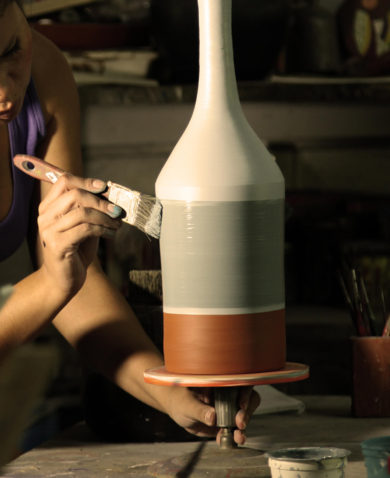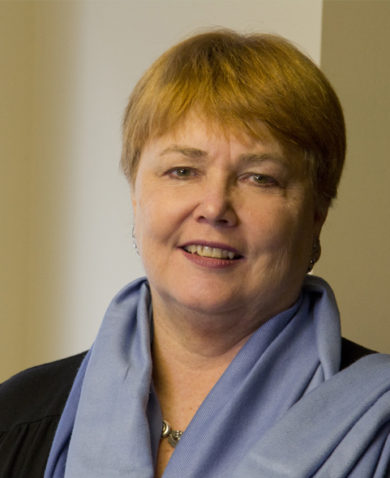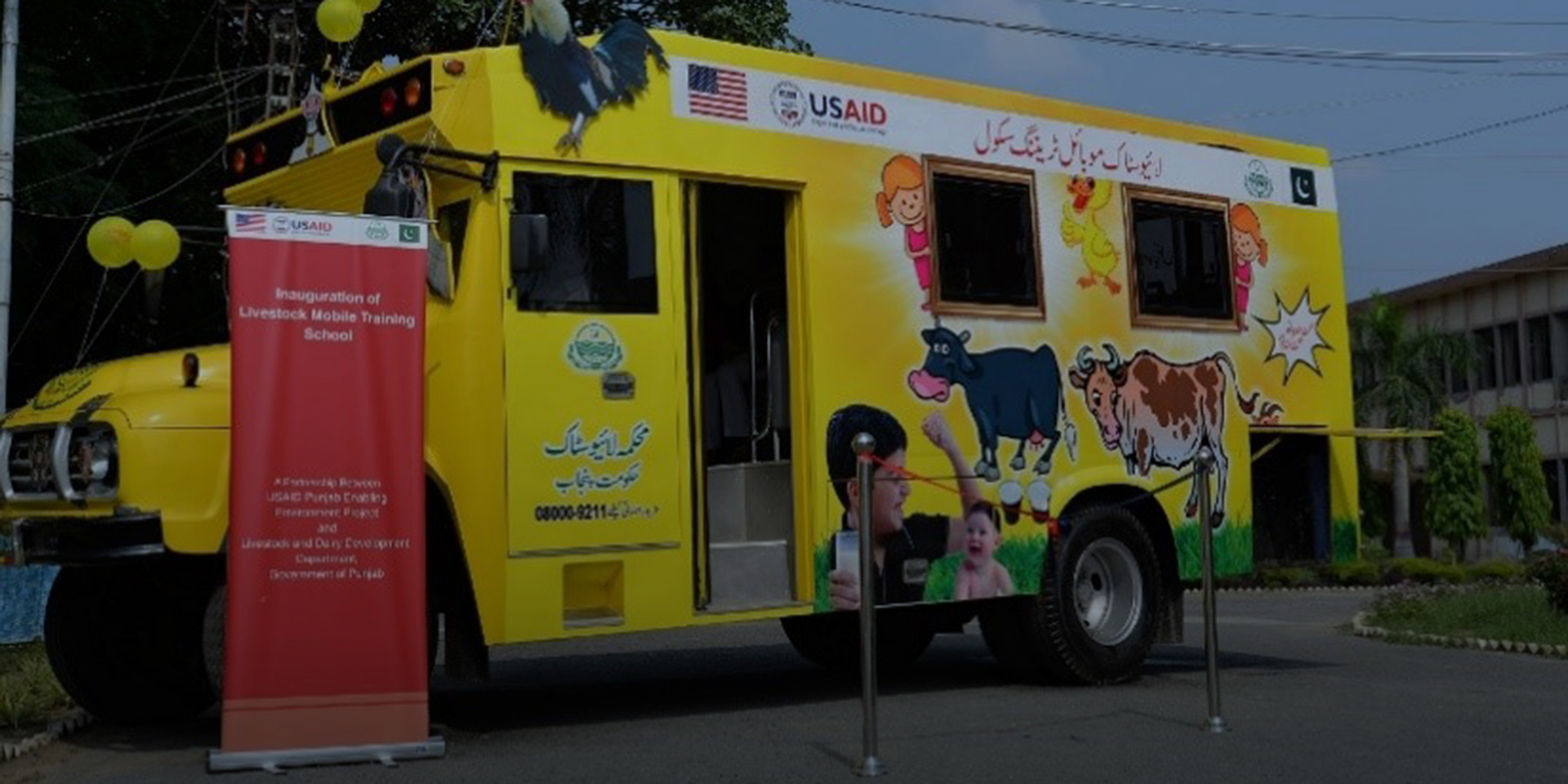
Empowerment at Your Doorstep: The Case of WEinSPIRE in Pakistan
May 16, 2018 | 4 Minute ReadFor a variety of reasons, promoting women's economic empowerment in Pakistan can be challenging. One project developed a creative solution.
This activity was one of the four winners of Chemonics’ recent Market Systems and Youth Enterprise Development Innovation Contest within the market systems track.This post originally appeared on Marketlinks.
Working in a market system can mean that no endeavor or initiative is too big or too small if it can lead to transformative change. In Pakistan, the USAID Punjab Enabling Environment Project (PEEP) took on the big endeavor of aligning the incentives of market actors to promote women’s economic empowerment and the smaller but transformative initiative of bringing capacity building services to the doorsteps of women across Punjab. USAID PEEP’s model, Women Empowerment in South Punjab through Investment in Rural Economy (WEinSPIRE), was selected as one of the winners of Chemonics’ recent innovation contest.
Aligning Incentives for Inclusion
Nearly a quarter of Pakistan’s gross domestic product is linked to the agriculture sector, and 55 percent of this sector is livestock. Despite its importance, the productivity per animal in terms of milk and meat yield is among the lowest in the region. Small farmers, and specifically rural women, make up the vast majority of producers in the livestock sector mainly concentrated in the southern districts of Punjab. It made sense that the key for boosting productivity of the livestock sector was in the technical and economic empowerment of women in these value chains. Enter WEinSPIRE, a joint initiative between USAID PEEP and several partners, to double down on the empowerment of women livestock farmers.
Inclusion, sustainability, and increase in productivity of the livestock sector was never going to be solved with just one activity. Yes, the capacity of the women farmers in applying animal husbandry best practices needed to improve, but these farmers also needed access to finance, markets, technical services, and information. USAID PEEP could not be the direct provider of all these services since the sustainability of the interventions would be dubious, to say the least. Instead, the project stepped back to analyze the incentives of all the market system actors that touched the livestock sector — many of them already project partners — and addressed their pain points in providing more inclusive services.
- Husbandry Services: USAID PEEP partnered with the Livestock and Dairy Development Department and the Women’s Chamber of Commerce and Industry to carry out the WEinSPIRE initiative to ensure outreach, local ownership, and sustainability. The Department and Chamber’s targets for increased service provision and outreach aligned with USAID PEEP’s objective of supporting a more inclusive market system. With USAID PEEP support, the Department and the Chamber developed an innovative training program for improving the productivity of women livestock farmers in southern Punjab. WEinSPIRE also created women farmers’ linkages with local extension workers for reliable access to vaccination and treatment for animals.
- Finance: Smallholder farmers need access to finance to purchase animals, inputs, and services for their livestock business, but often lack knowledge and collateral to access finance from the market. Microfinance institutions have the incentive to increase their client base with trusted borrowers. To build that trust, WEinSPIRE adopted a three-pronged strategy:
- It helped women farmers join Livestock Breeders Associations so they could maintain certified records of their animals.
- It organized financial and business management trainings for farmers in collaboration with the Women’s Chamber of Commerce.
- It helped the local microfinance institutions to develop specialized loan products for female livestock farmers.
- Information: In addition to finance, smallholder farmers need access to information on husbandry best practices, prices, and location of markets. WEinSPIRE is engaging telecommunications companies looking for expanded clientele to fulfill the farmers’ need for access to information and facilitate their entry into the market system.
- Markets: The Livestock Breeders Associations help farmers access improved animal breeds. The project, again, capitalized on the breeders’ incentives to increase livestock sales and on the farmers’ need to access quality animals for purchase, rearing, and subsequent sale.
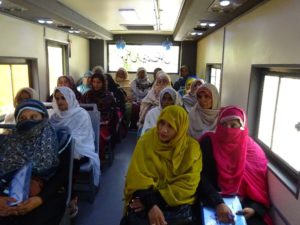
USAID PEEP’s role was to convene and provide targeted assistance for aligning the incentives of all its partner market systems actors for achieving women’s economic empowerment. As the market system matures, the different actors have started interacting independently, developing new linkages and initiatives.
An Emphasis on Access
Women’s economic empowerment in South Punjab presents several challenges. Many of the female farmers WEinSPIRE targets reside in remote rural areas. Security hurdles and cultural norms often mean limits and restrictions to women’s free movement — traveling to a city to attend a training is often a non-starter. Aligning the incentives of market actors to invest in women’s economic empowerment is not enough if access to capacity building services remains out of reach.
USAID PEEP and its counterparts realized that to make progress towards their goals, they had to be a bit unconventional. The Livestock and Dairy Development Department of the Punjab government and PEEP co-invested in something new — school buses. These buses were transformed into mobile training centers where female livestock husbandry experts traveled across South Punjab, bringing training to the doorsteps of female farmers that would have otherwise not accessed these services within the operating environment. This new model was critical for allowing these farmers to benefit from the aligned incentives of the livestock market system actors.
Learning for the Future
USAID PEEP has been measuring against various indicators to monitor and learn from the implementation of the WEinSPIRE initiative — household income, assets, employment, education, health and nutrition, knowledge on livestock, access to finance, and access to markets. To date, more than 2,000 women have been trained on animal husbandry best practices; 6,000 have acquired access to veterinary services; 10,000 women have access to veterinary and market information; and 30,000 women received microloans. The goal, however, is not to stop the analysis with these initial impact numbers. USAID PEEP is partnering with the Women’s Chamber to carry out four research studies, in addition to policy briefs and sector and feasibility studies, to give in-depth insight to issues faced by female livestock farmers with the intention of expanding the initiative into North Punjab. In addition, WEinSPIRE has published a booklet providing responses to frequently asked questions received in the pilot sessions on rearing and marketing animals. These studies will lead to further initiatives — big and small — on catalyzing a more inclusive market system, co-designed in partnership with the local champions and actors that made WEinSPIRE possible.








